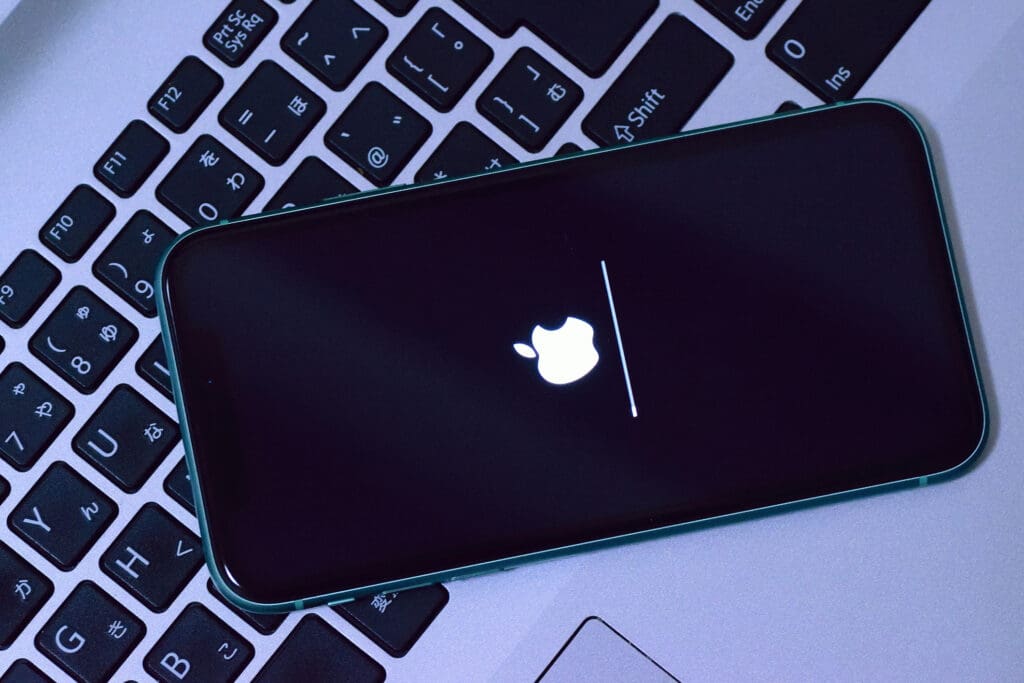Texting Vendor Wonder Cave Aims To Reduce Friction From iOS 26


Who would have predicted that in 2025 candidates would start texting their supporters pleading with them to save the campaign’s number in their contacts?
It’s the result of Apple’s incoming iOS 26 deployment, expected to get pushed out around mid-September. The new operating system could have a dramatic impact on political texting in this off-year and beyond. Webb Bostic, president of texting platform company Wonder Cave, is a leading practitioner who’s brokering conversations around this issue from an intersection of lawmakers, the political texting industry and Apple itself.
Q: You’ve written a couple blogposts on this upcoming update, why sound the alarm on this version of iOS?
A: Webb Bostic: While we pursue dialogue with Apple, we need to make sure that folks are aware and we hold Apple accountable if they’re making decisions that are going to have an impact on your right to communicate with supporters and constituents.
The encouraging part is that the conversations are happening. Political and industry leadership and Apple are at the table together. Apple is offering a ‘beta’ version of iOS 26 to the public, and during a beta phase, it’s all about feedback.
Q: What’s your feedback been so far?
Bostic: First, there’s a lack of transparency. Apple has been asked: ‘How many iPhone users currently have the ‘unknown sender’ inbox filter turned on?’ Because that carries over. For some reason, they’re not sharing that data.
The second question is why is Apple downplaying the significance of the changes to the unknown messages inbox when it was previously highlighted as an enhancement? It seems to be a little bit contradictory.
Finally, there are existing verification entities and processes that already exist in the text messaging space. Apple won’t explain why they won’t use them.
The good news is there are still more meetings to come between Apple and our registration partners.
Q: What about attaching a “time sensitive” label to your campaign’s message?
Bostic: That is the only exception that’s currently turned on by default. For instance, users can turn on notifications on things like ‘transactions’ and ‘promotions’ as well. When you turn all of those exception categories on, in addition to time sensitive, most messages actually do come through to the inbox and notify you.That can have a high impact and we are testing ways to make messages get labeled time sensitive.
Q: But Apple is the one making a call on what constitutes a sender’s time-sensitive content?
Bostic: Yes, they decide if it lands in there or not. I think it’s a very dangerous game Apple is playing in that regard — especially when the rules are unclear as to what lands in which folder. We’ve seen in our testing the inconsistency with how the feature will determine if a message is time sensitive or not. For instance, there are things like a bank one-time passcode that won’t get labeled as time sensitive.
Q: Meanwhile, what have you been doing to prepare your clients?
Bostic: Testing. We are constantly testing all sorts of scenarios across all messaging types and across all settings of this new feature just to see how the new developer beta of iOS 26 responds, and then sharing that back to our clients. We’re also looking at rolling out different features for Wonder Cave’s platform to help clients on the front end — particularly when it comes to encouraging future engagement.
Q: Is that one of the texting strategy updates for 2025-2026?
Bostic: Well, you should always be using strategies that are not just purely direct response. But there is a greater emphasis now on eliciting a reply back because that will elevate the sending organization to a ‘known’ status in the new iOS Messages inbox. At the same time, you need to prioritize sending from a single phone number so that it’s recognizable, it can be trusted and can be saved to a recipient’s contacts. And ask to be saved to contacts, whether it’s just in the body of the text or in a virtual contact card, which is a feature that we recently rolled out and updated on our end.
Q: It sounds like this is a scenario that’s brought the industry, a tech company and lawmakers together in a constructive way.
Bostic: Yes, it’s an example. There are good people in our industry and on their side, too. Ultimately, voters will benefit from this collaboration with the platform companies and political organizations. So that’s the opportunity we’re trying to preach to Apple right now before this is rolled out.
As Apple moves closer to releasing iOS 26, political campaigns and vendors are watching closely to see how the update will affect voter engagement. While questions remain around transparency and implementation, the ongoing dialogue between industry leaders, lawmakers, and Apple suggests that the issue is far from settled.
For campaigns, the immediate priority is preparation: testing strategies, encouraging supporter engagement, and taking steps to ensure their numbers remain recognizable. The months ahead will determine whether iOS 26 is a speed bump for political texting, or a turning point in how campaigns connect with voters.
If you have any questions on the upcoming release and how your texting strategy could line up, feel free to reach out to Webb at Wonder Cave.

